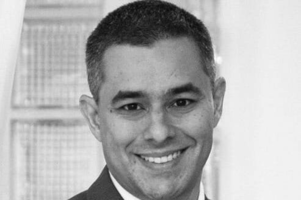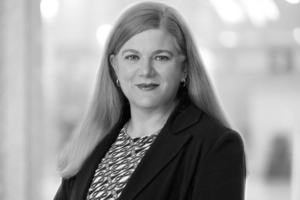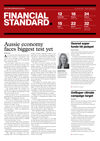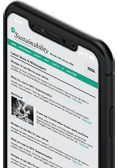Editor's Choice
Santos receives takeover offer from Abu Dhabi-led consortium
Santos has received a non-binding $8.89 per share cash offer from the XRG Consortium, led by XRG P.J.S.C., a subsidiary of Abu Dhabi National Oil Company (ANDOC), alongside Abu Dhabi's sovereign wealth fund ADQ and US private equity firm Carlyle.
What do the best-functioning boards look like?
The best-functioning boards are future thinkers, understand their ESG responsibilities and are able to show their "battle scars," according to two governance experts.
Funding lifts for climate, health, people startups
While funding for impact startups has broadly declined, those operating in climate, health and people has seen funding levels improve compared to three years ago, according to the Impact Startups Benchmark Report 2025.
Mind the gap: Investors' role in balancing fairness and competitiveness in executive pay
Investors have a significant role to play in helping to move the dial on executive remuneration, aiming to increase fairness and reduce inequality.

















